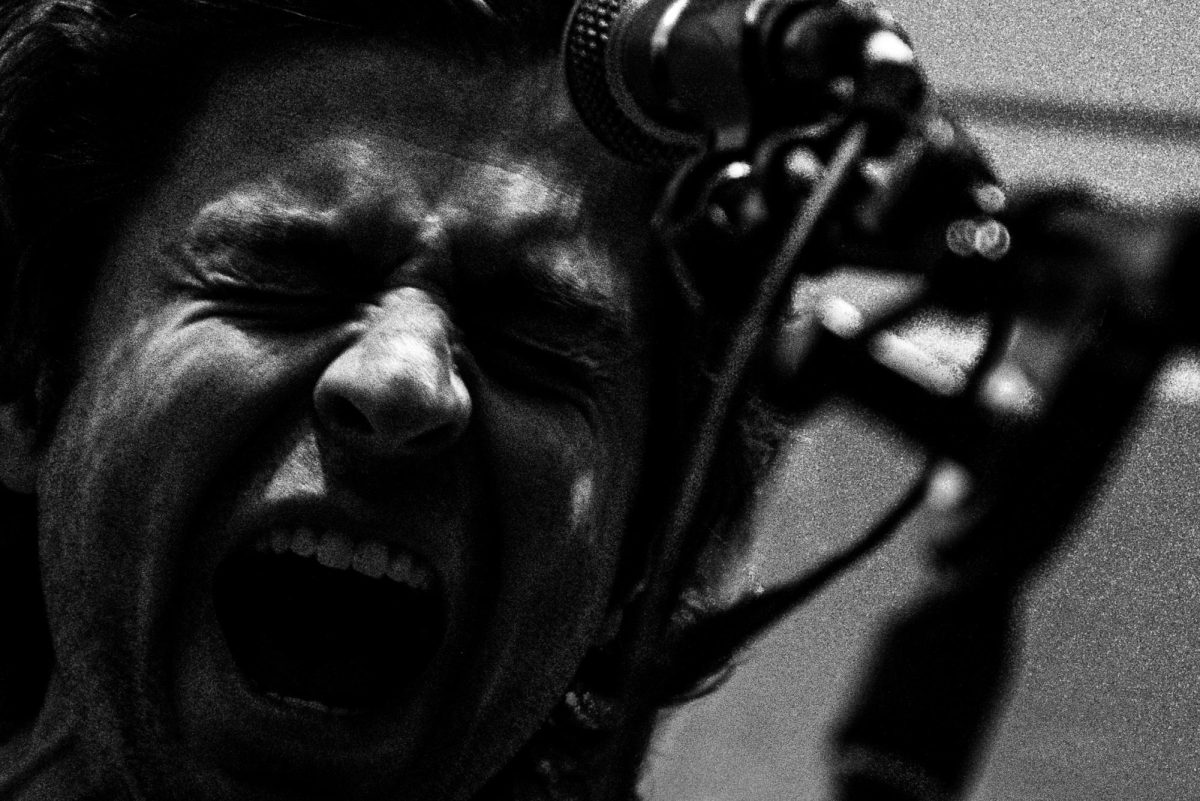First Time for Everything: Donna Summer’s I Remember Yesterday
July 16, 2011
Pity the fate of disco. Though its influences can still be heard springing up in pop songs like Lady Gaga’s “Alejandro” and indie rock dance tunes from bands like !!! and Hot Chip, the name “disco” will always be associated with the worst of the seventies ÛÒ ugly hexagons and cheesy fringe. You’re more likely to see the music style a signifier of unhipness like sitcom dads than as a reference to a legitimate powerful art form.åÊBack in the day, though, disco ruled the world of music and Donna Summer was the queen. You can’t look at a compilation of dance music from the seventies without hitting one of her songs. Their catchy, funky and fun dance numbers were filled with swagger, the grooves backed with soul.
Listening to I Remember Yesterday for the first time is a strange experience if you go into it expecting a stereotypical disco record like I did. After the initial blast of horns the first tune ÛÒ the title track ÛÒ turns into something out of the forties. There’s faded strumming of a guitar, scat singing and jazz horns. It’s almost as if Donna Summer knocked out Marty McFly, took the Delorean and time-traveled into the past with a seventies-era synth. Summer’s time shenanigans only continue through the next few songs. “Love’s Unkind” casts her as a 50/60s-era high-schooler pouting over a jilted love. “Back in Love Again” transforms Summer into a Motown teen queen singing over a bouncy beat, a la The Supremes.
Halfway through the album Summer signifies she’s done with her adventures in the time stream. She’s all ready to come back to the pure seventies disco sound. The midway point starts similarly to how the album began, but slightly more metallic, more synthesized. Even at first listen you can tell something’s changed. This shift is only highlighted by the songs’ contents. While the first four songs were all about Ferris wheels, schoolyard crushes and malt shops, the second half takes a turn to the sexual. “Black Lady” warns about a dangerous temptress, and “Take Me” says all you need to know in the title. Even the more traditional ballad found in “Can’t We Just Sit Down (and Talk About It)” twists around with vibrating synths in the background. As the song fades out, it seems like the obvious place to end the album. We’ve seen the beginnings, middle and end of relationships. The song slowly turns into silence ÛÒ a surprising fact considering every other song has blended into the ones before and afterward ÛÒ signifying a finale.
But wait. We are not done yet, not by a long shot. We’ve experienced the young naÌøve past, the rough present, but we haven’t even begun to look at the future. Summer only has a single song to describe “future music” but it’s a big one. “I Feel Love” enters with a drum machine and synth straight out of krautrock. Donna Summer’s voice is slowly drawn out from around the echoing, space-age synths. Her vocals are then stretched, skewed and twisted into nearly unrecognizable tones. They echo ÛÒ forming harmonies with themselves. The song is nearly six minutes that sound nothing like any disco heard before. Gone are the typical strings and horns. Only the synthesizer and electronic drum machine remain.
I Remember Yesterday isn’t some generic disco album; it’s a part tongue-in-cheek, part serious survey of the musical genres surrounding the seventies. The beats pioneered in the album are the progenitors of today’s club scene. Whatever mysterious time travel Donna Summer was using, it served her well.













